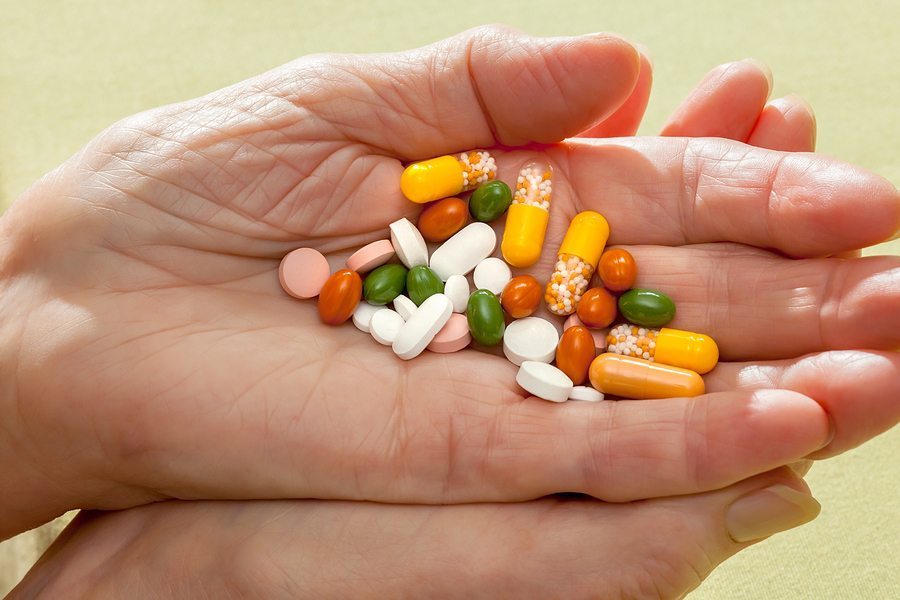According to NJ.com, 2016 saw a record-breaking number of criminal cases against doctors for prescription drug crimes. Doctors are in a unique place, since they are one of the few groups of people authorized to write prescriptions. If you have been accused of using your prescription pad to write illegal prescriptions, or of selling or distributing prescription drugs, talk to our Atlantic city criminal defense lawyers.
Prescription drug crimes exist as part of the general “war on drugs” we have seen in the U.S. and New Jersey for decades now. While illegal possession of drugs is one thing, crimes related to prescription drugs often have their own crackdown due to high addiction rates.
What Happens to Doctors Who Write Illegal Prescriptions?
Doctors are allowed to write prescriptions – there is no doubt about that. As long as you follow regulations and only write prescriptions for the benefit of patients, you should be safe. For doctors who violate these rules, sell or allow others to use their prescription pads, sell filled-out prescriptions, or sell prescription drugs, the punishments can be severe. On top of professional punishments, these doctors could face fines and jail time.

The third Principal of Medical Ethics promulgated by the American Medical Association (AMA) states that “A physician shall respect the law….” This, along with other AMA rules, means a doctor’s ability to practice could be threatened for breaking the law. Eight doctors lost their license in New Jersey in 2016 for prescription drug crimes. On top of that, 22 had their licenses suspended, and one retired from the profession. That total of 31 doctors who faced punishment is up from the 19 doctors who were disciplined in 2015.
In general, under N.J.S.A. § 2C:35-10, it is illegal to possess a controlled substance. That includes any illicit drugs included on New Jersey’s drug “schedules,” which classify drugs. It also includes, though, the possession of prescription drugs that are on those schedules, if they are not prescribed to you. N.J.S.A. § 2C:35-5 criminalizes the distribution or sale of controlled substances, too. Depending on the type of drug possessed or distributed, the punishment can mean fines as high as $500,000 and even up to 20 years in prison.
What Should I Do if I’m Charged with a Prescription Drug Crime?
The first, and most obvious thing to do is call a lawyer. The Law Offices of John Zarych have experienced Atlantic City prescription drug possession attorneys who deal with prescription drug violations for doctors and others. If you choose to use our services, you can rest easy knowing that our consultations and services are always confidential. Plus, our experience in the law is something you can rely on to help you fight these charges.
Depending on the specific situation and facts of your case, you may not actually be committing a crime. Sometimes, police and prosecutors misread the law and apply it to people who are not actually guilty of any crime. For instance, N.J.S.A. § 2C:35:10.5 deals with illegal distribution of a prescription drug. Under this law, anyone who distributes a prescription drug without a license can face punishment up to $300,000 and face up to 10 years in prison.
This law, though, according to subsection g., does not apply to doctors. It has an exception for a pharmacist “acting within the line and scope of his employment,” so that pharmacists who are actually on the job are not counted as committing a crime. The exception for physicians, though, does not have this qualification that they must be “acting within the line and scope of employment.” That should mean that doctors are always allowed to dispense prescriptions, and that this law should not apply to them.
Flaws in the way that laws are written can often create loopholes that convince prosecutors and judges to reduce or drop charges. Our Atlantic City prescription fraud and forgery lawyers work with these and other loopholes to challenge our clients’ cases and get them the best outcome. While any conviction may negatively affect your ability to practice medicine, we work to ensure that does not happen.
Speak to an Experienced Atlantic City Drug Possession Lawyer at The Law Offices of John J. Zarych
On top of this, the prescription drug law also has a “de minimis” exception, which protects people who only slightly violate the law. Doctors sometimes use their prescription rights to help out family members or friends who run out of or lose prescriptions – and this should not result in criminal charges. Because of that, any prescription distribution that is less than six doses in 24 hours, for the recipient’s own consumption, does not count as a violation of § 2C:35-10.5. Whether this is done by a doctor or not, it is not a crime.
If you are a physician charged with crimes related to misusing your prescription pads or otherwise distributing or selling prescription drugs, contact a lawyer. The prescription drug charge lawyers at the Law Offices of John Zarych will fight to get your charges reduced or dropped and do what we can to help you keep your medical license. For a free, confidential consultation, call (609) 616-4956.







